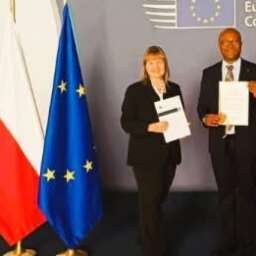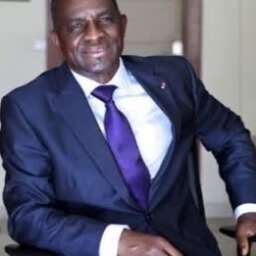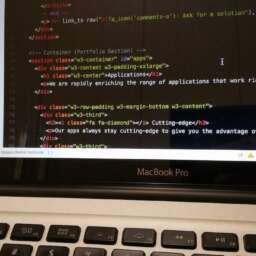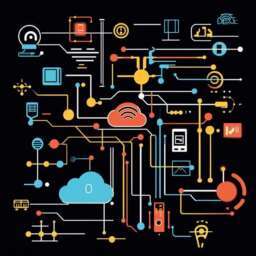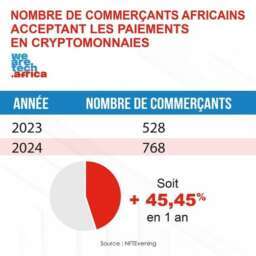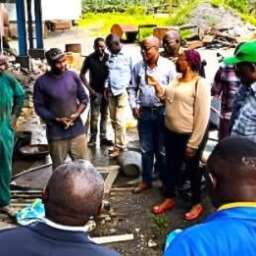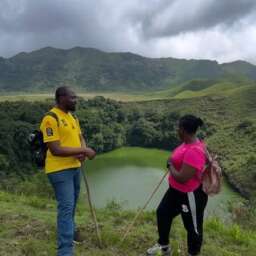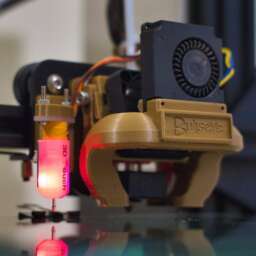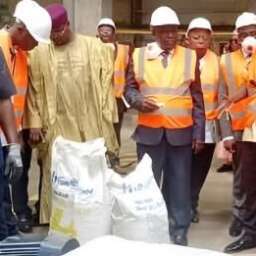(Business in Cameroon) – Cameroon has expressed interest in the African Development Bank’s (AfDB) “Mission 300” initiative, a program launched in January in partnership with the World Bank to expand electricity access across Africa. According to an AfDB statement released after a high-level dialogue with Cameroon’s government from March 10 to 21, the country aims to connect 6.5 million more people to the grid by 2030. This would push the national electricity access rate to between 80% and 85%, up from 73% in 2023.
Cameroon’s Minister of Water and Energy, Gaston Eloundou Essomba, confirmed that the country has already taken steps toward this goal. He pointed to the completion of the Nachtigal hydropower plant, a 420-megawatt project, as a major breakthrough. “This is a breath of fresh air. It resolves our production deficit and provides affordable hydroelectric power to meet our current needs,” he said.
The AfDB sees the Nachtigal project as a game-changer for Cameroon’s energy sector, adding nearly 30% more renewable energy to the national grid. The $1 billion project was made possible through private sector investments, backed by guarantees from the World Bank and the Multilateral Investment Guarantee Agency (MIGA). The International Finance Corporation (IFC), which focuses on private sector development within the World Bank Group, also played a role, alongside the AfDB and other financial institutions.
Despite Cameroon’s vast hydropower potential and government subsidies, only 73% of the population currently has electricity access, and costs remain high. By joining Mission 300, the country hopes to improve energy access for 6.5 million people over the next five years, marking a significant step toward national development.







